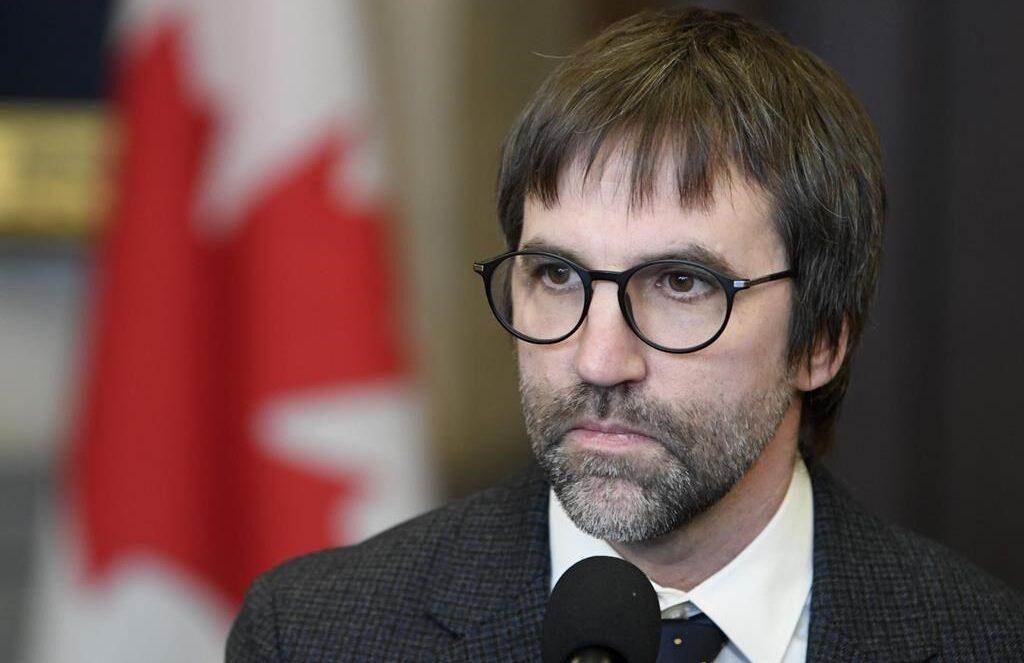As calls for Ottawa to decriminalize hard drugs have gathered steam in recent months, the Alberta government is taking a different approach that is being lauded by workers on the front lines of addiction recovery services in the province.
In his strategy to address addiction and opioid-related deaths, Alberta Premier Jason Kenney has been building a “continuum of care” system, ranging from addiction prevention to treatment and recovery, by expanding access to detox and treatment beds and providing lifetime support for recovery.





